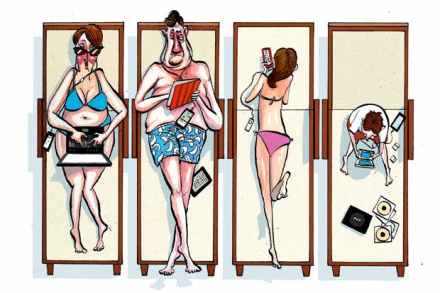The first amendment and the internet’s free speech clash
For Silicon Valley, 2018 was defined by one impossible question: should there be limits to free speech on the internet? The first amendment is hardwired into the (American) CEOs of the big three social media sites: Twitter, YouTube and Facebook. Each platform grew its user-base with a “words can never hurt me” attitude. Back in 2012, Twitter defined itself as the “free speech wing of the free speech party”; Facebook CEO Mark Zuckerberg has defended his users’ right to be wrong – even for Holocaust deniers. For years, social media platforms allowed posts that could arguably inspire real-life violence in the US, Germany and in Myanmar. But now things are




















